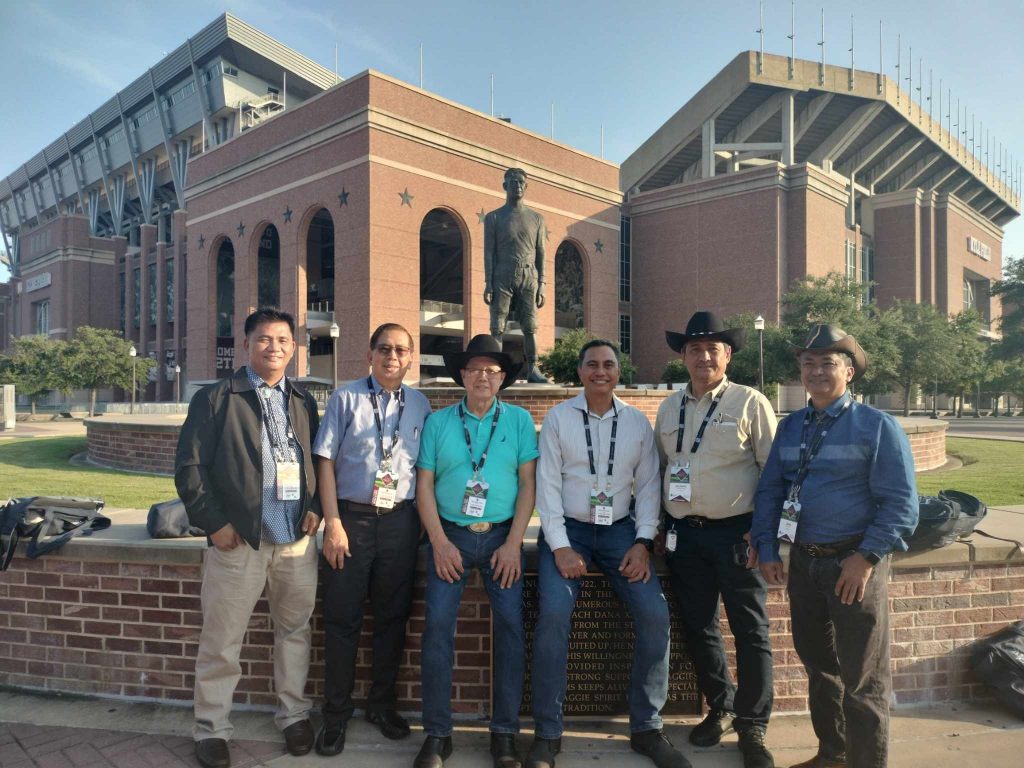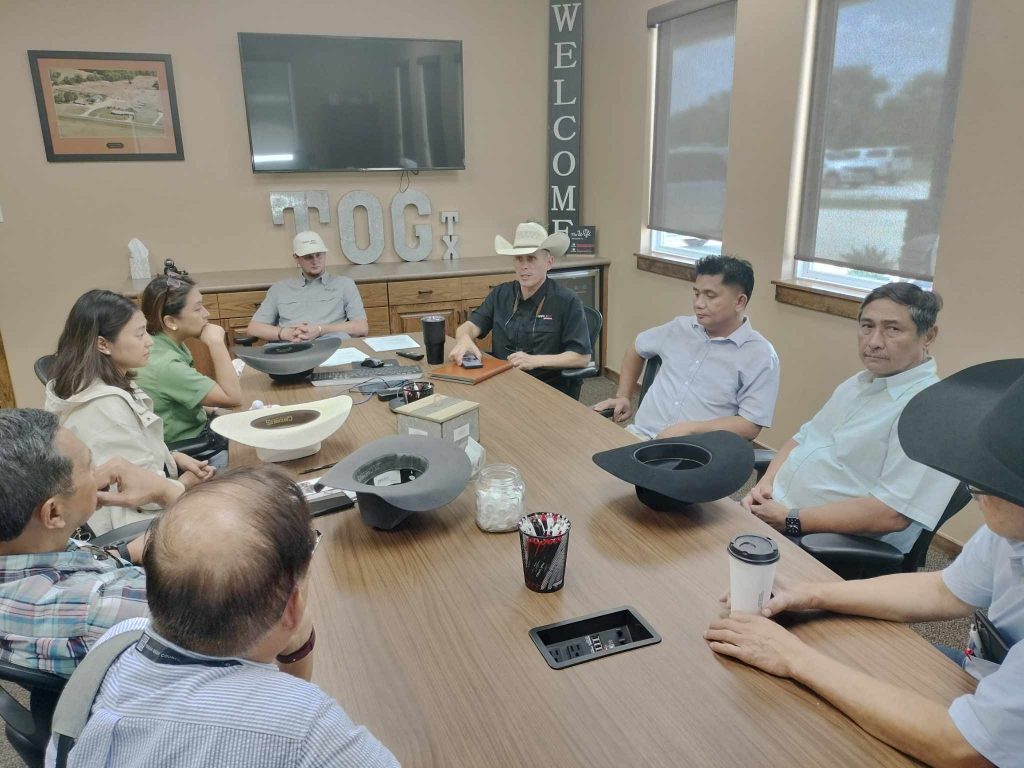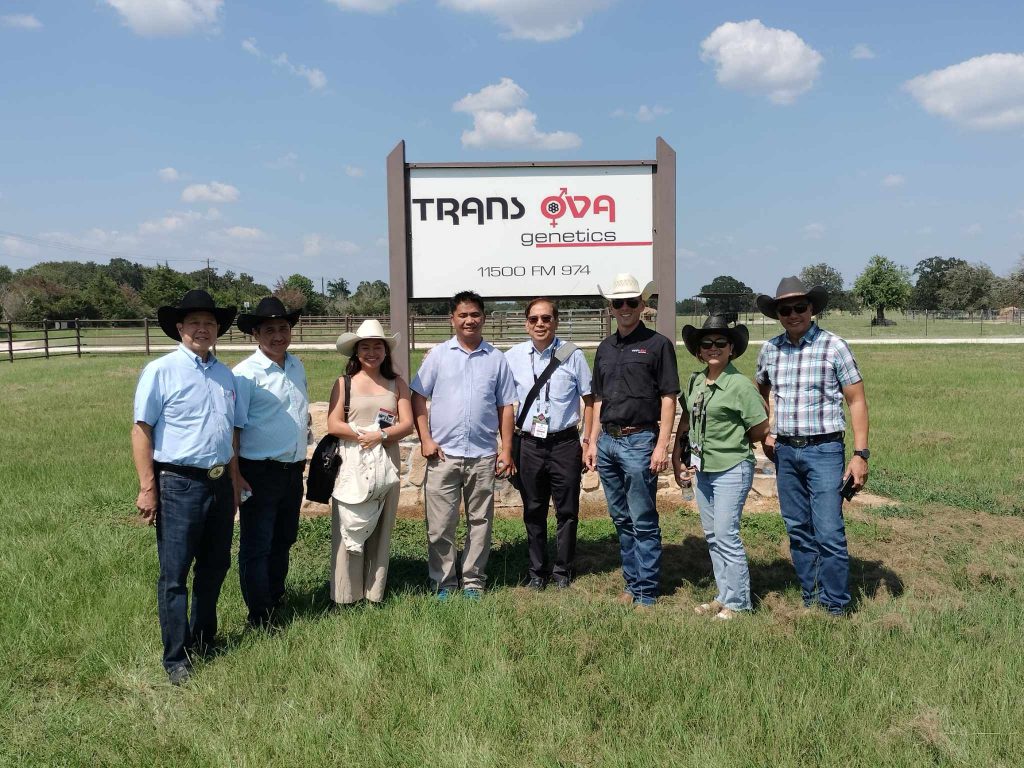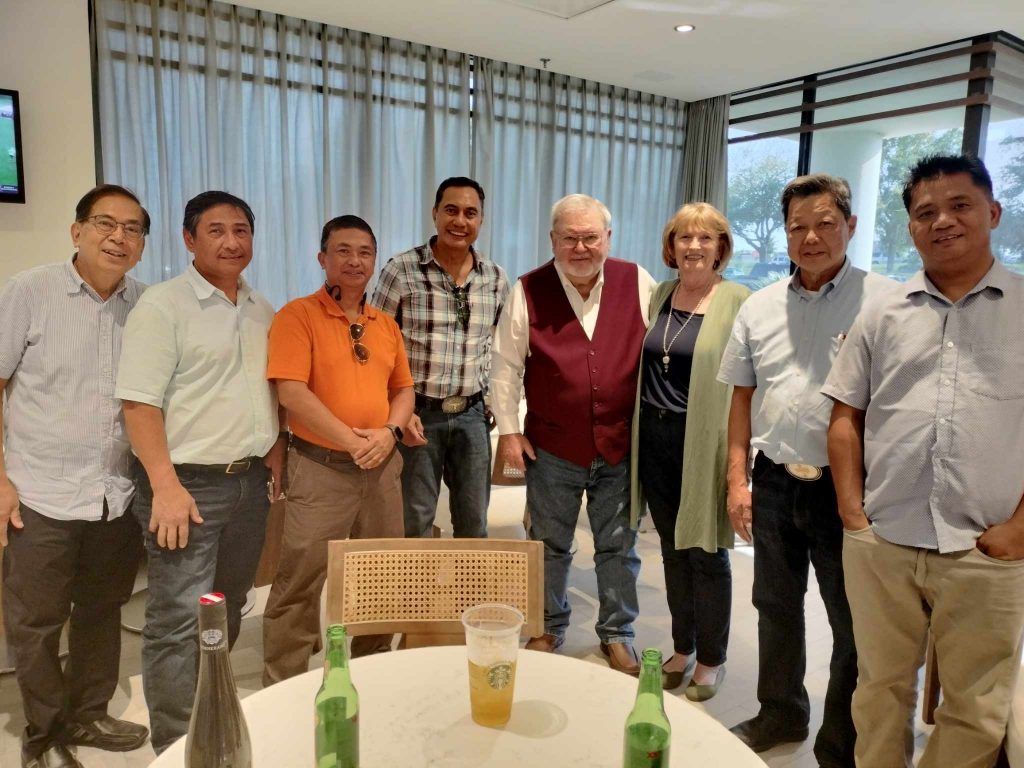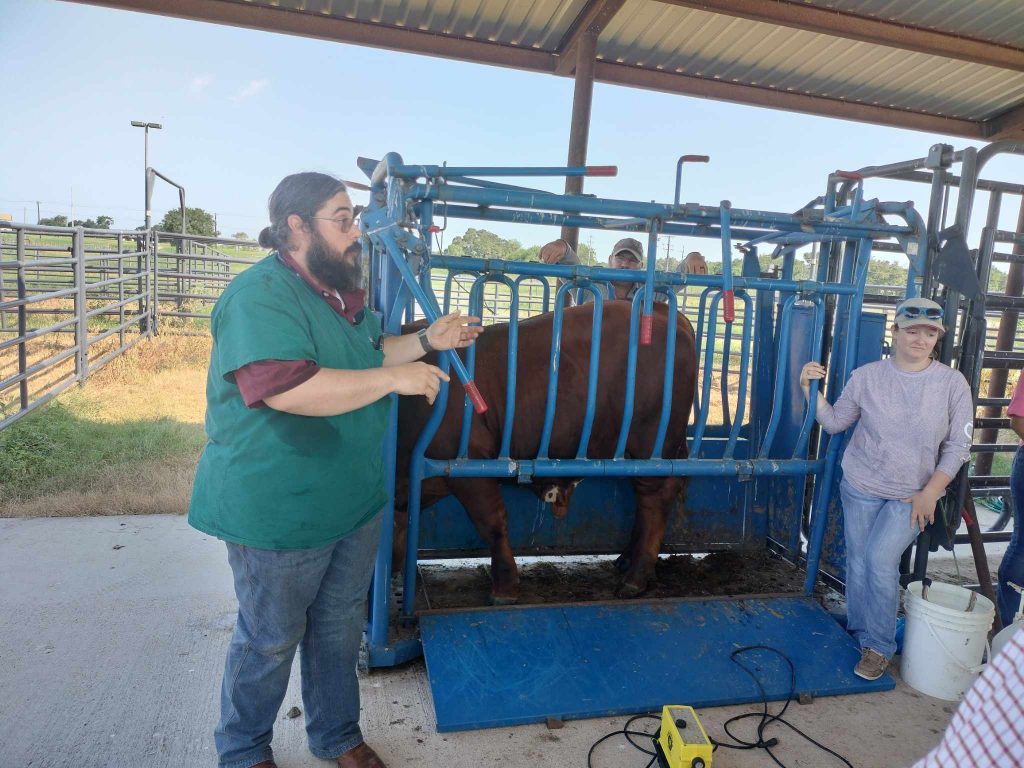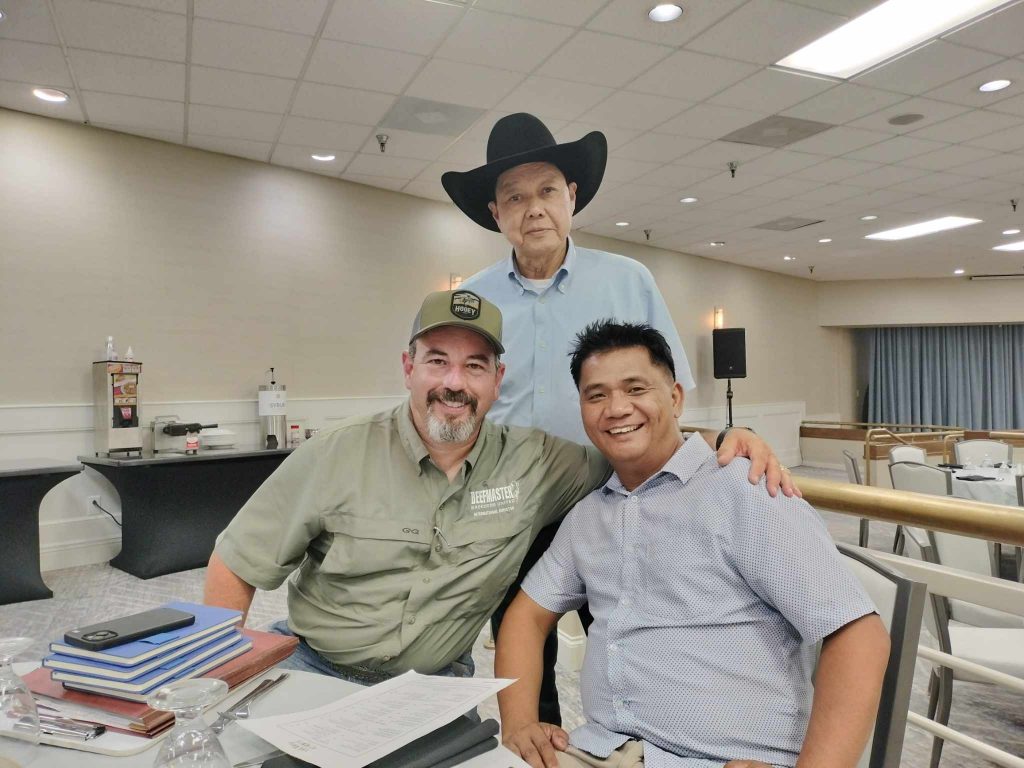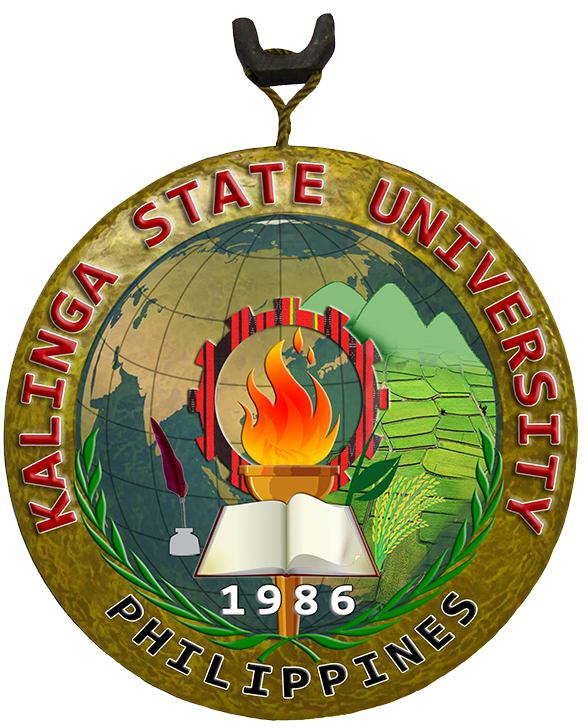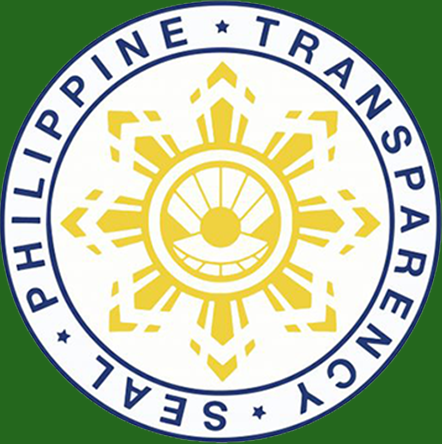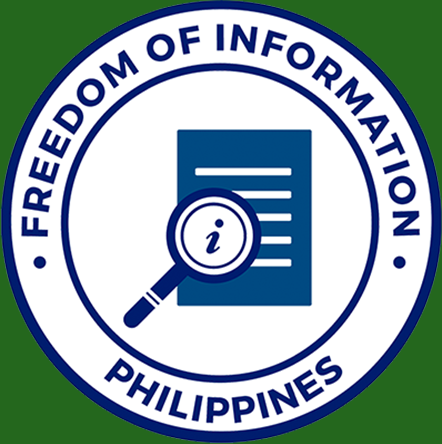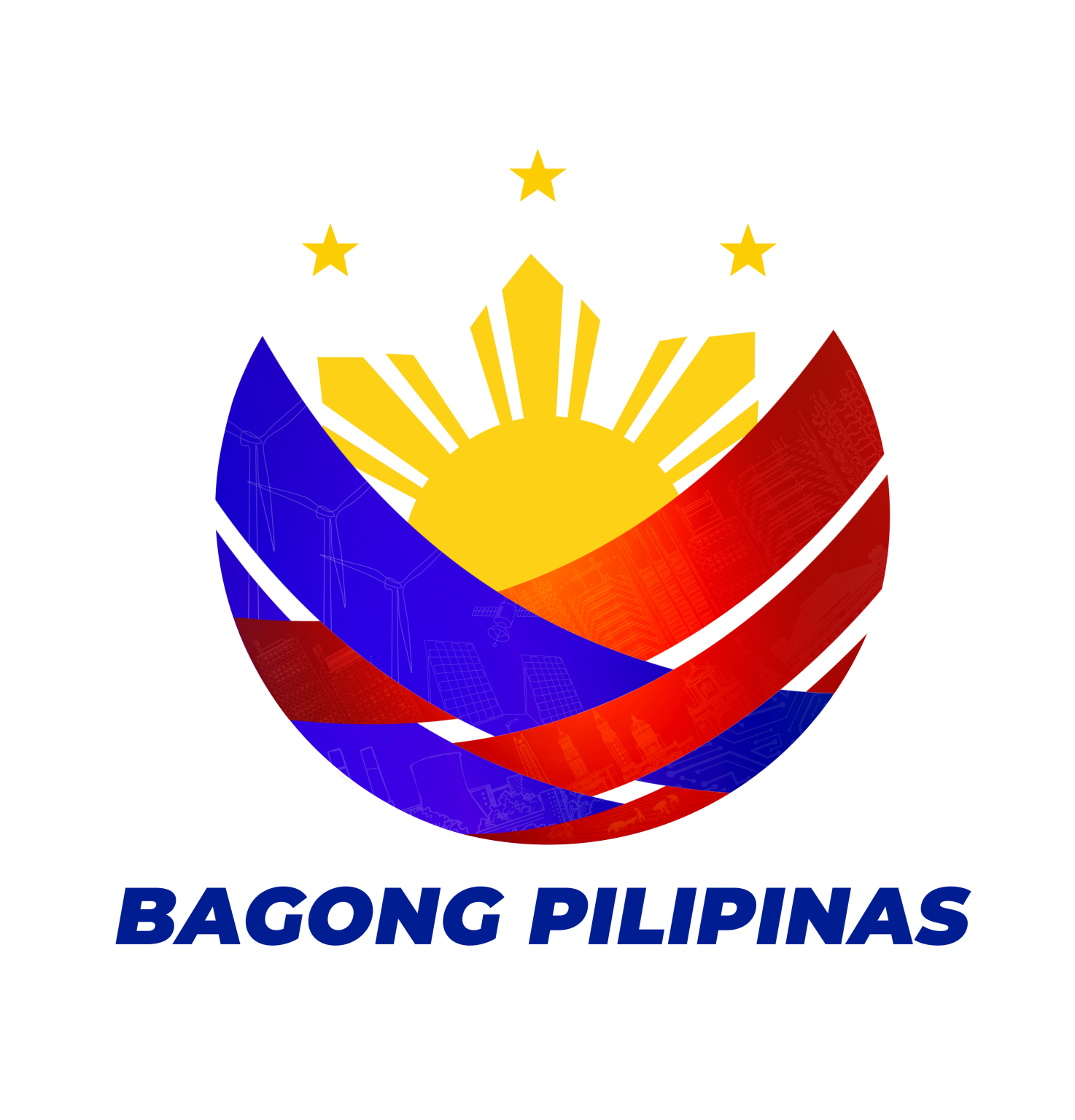Kalinga State University’s Chief Administrative Officer, Dr. Romualdo U. Wacas, represented the university at the 70th Texas A&M Beef Cattle Short Course, held from August 5-7, 2024, at Texas A&M University, College Station, Texas. This prestigious event attracted thousands of ranchers and farmers from across the globe.
The short course provided participants with advanced knowledge on efficient and sustainable cattle production, as taught by experts at Texas A&M. The program, known for being one of the largest and most comprehensive beef cattle educational events, covered critical topics such as animal health, nutrition, reproduction, and genetics.
Attendees also benefited from specialized seminars at the Cattleman’s College, which offered insights into cutting-edge developments such as artificial intelligence in livestock farming, parasite control programs, and landowner rights.
Jason Cleere, a renowned beef cattle specialist with Texas A&M AgriLife Extension, emphasized the significance of this course, stating, “This is an ever-important course because people come from all over to gain knowledge and bring it back home with them.”
Kalinga State University’s participation in this course aligns with its proposed Sustainable Cattle Upgrading Program in Kalinga Province, which aims to alleviate poverty among indigenous farmers and enhance the quality beef production capabilities of commercial ranchers. The program, led by a dedicated team including Dr. Eduardo T. Bagtang, Dr. Romualdo U. Wacas, Dr. Stephen S. Ballog, Ms. Sharmaine D. Codiam, and Ms. Christine Liggayo, is set to benefit from the expertise of U.S.-based professionals, including Engr. John Vincent Ulep, Archito Tamayo, Dr. Jose Llobrera, Sal Gallego, and John Garza. Along with these proponents are partner agencies such as the Texas A&M University, Beefmaster Breeders United, KSU, Plaridel Products and Services and the Department of Agriculture,, represented by Dr. Jonathan V. Sabiniano, Director for National Livestock Program, Office of the Undersecretary for Livestock.
The program envisions the genetic upgrading of KSU’s native cattle breeds through artificial insemination with superior bull semen. The university’s cattle farm, located at the Rizal Campus, offers a vast area where this initiative will be implemented and sustained.
